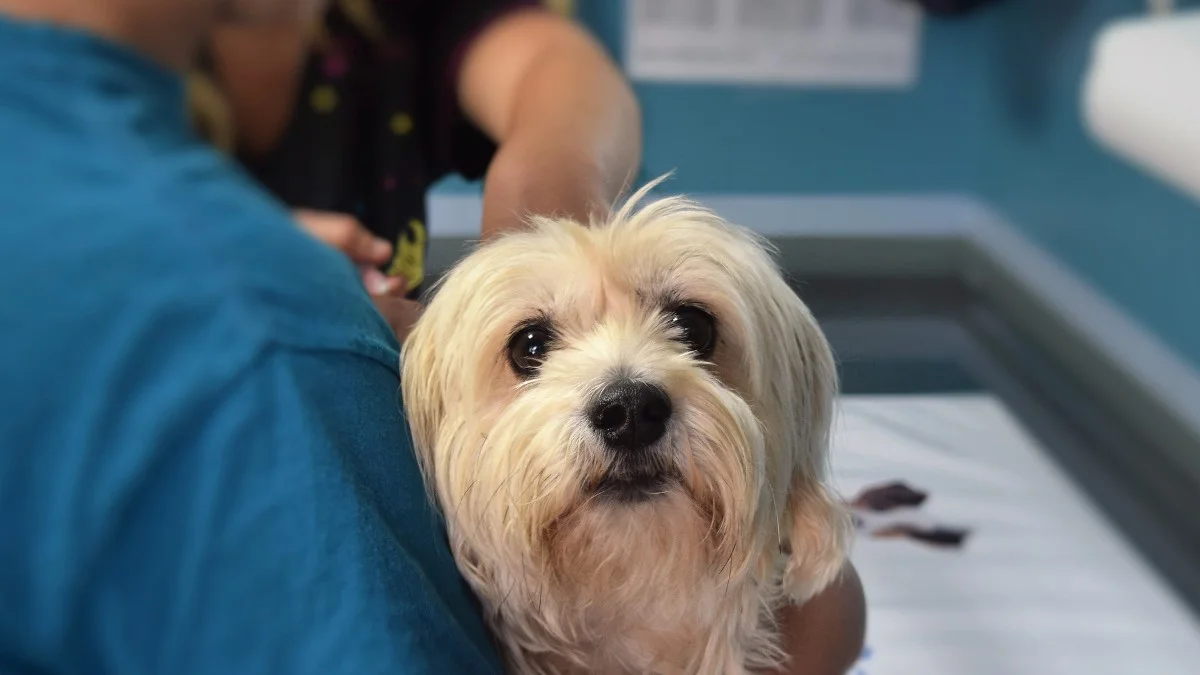
UK’s veterinary workforce crisis deepens since Brexit
The British Veterinary Association (BVA), the UK’s largest membership body for vets, is warning that the declining number of European vets working in the UK since Brexit could result in wide-ranging impacts across the sector.
The UK’s veterinary workforce has seen a drop of more than two-thirds in new EU registrants coming to work in the UK in two years.
Data released by the Royal College of Veterinary Surgeons (RCVS) reveals that the annual number of registrants coming to work in the UK fell by 68% from 1,132 in 2019 to just 364 in 2021.
RCVS data from 2021 indicating that 29% of the total existing workforce graduated in the EU. In 2019, RCVS data suggested that nearly half of new registrants (48%) graduated in the EU, compared to 42% graduating in the UK.
The veterinary profession and the government have been monitoring the situation and introduced measures aimed at mitigating against shortages, including modifying language testing requirements, introducing a new certification support officer role to work under the direction of Official Veterinarians, and opening up new vet schools and course places to boost homegrown supply.
However, BVA is warning that there is no “single silver bullet solution” to solve the issues, which have been exacerbated by multiple impacts of Brexit, Covid and a surge in pet ownership, coupled with longstanding recruitment and retention challenges.
James Russell, BVA Senior Vice-President, said: “Vets are working incredibly hard but it’s an uphill struggle to comfortably cover all the work currently required. Moving some vets around to plug the gaps is just robbing Peter to pay Paul, as it can lead to issues with backfilling roles in other areas which desperately need to keep staffing levels up, such as large animal work.
“The potential consequences are worrying. If we can’t find long-term solutions to veterinary workforce shortages we will see impacts on animal welfare, public health, and international trade.”




